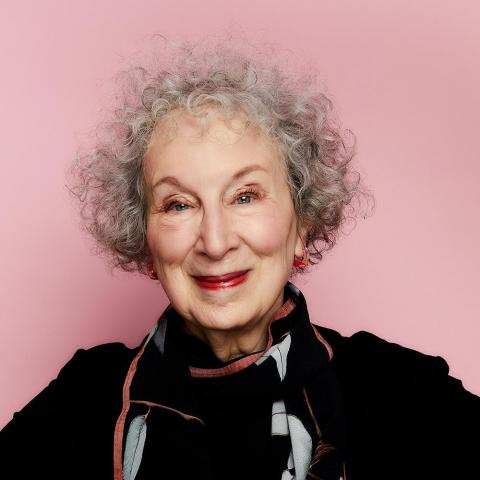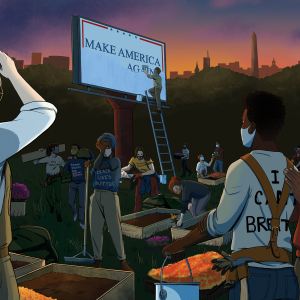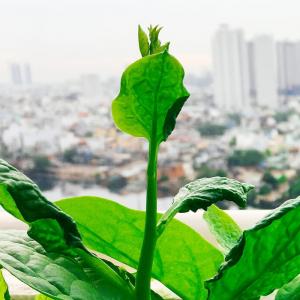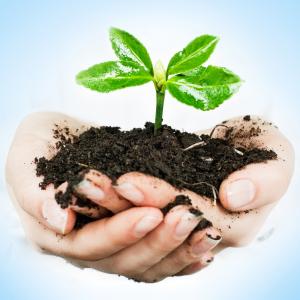
Margaret Atwood, author of Dearly: New Poems and The Handmaid’s Tale, is an award-winning Canadian poet and novelist.
Posts By This Author
Finding Our Way in Post-Trump America
PEOPLE ALL OVER the United States, and indeed the world, flooded city streets en masse when media outlets called the presidential election for Joe Biden on the fourth day after Election Day in November, four days of a nation holding its breath. In a year marked with repeated tragedy, a collective sigh of relief found form in marching bands and dance parties. Eight months into social isolation brought on by the coronavirus, many felt, if only for a moment, united. That was on a Saturday.
Then came Sunday. The prophetic word from pulpits across America: There can be no unity without justice. As of this writing, we know that more than 73 million Americans voted for Donald Trump—neighbors, family, members of our churches. We are a divided nation, a divided church. We reckon with this reality even as we look forward with hope to a new year and a different administration. As we begin to mend our social fabric and heal from the compounded traumas of 2020, Sojourners invited leaders from various sectors to offer their thoughts on the way forward. —The Editors
What About the Meek?
THIS IS SURELY the most difficult beatitude. First, it’s hard to interpret. Does “meek” mean a Uriah Heep-like unctuous humbleness? Does it mean softness or gentleness or weakness? Are “the meek” the powerless, or perhaps the poor? Is their meekness to be displayed toward God, but not toward people? How meek is meek, and do you always have to let bullies kick sand in your face at the beach?
Next, what about “inherit”? That’s a legalistic term; who’s going to die so someone else gets an inheritance? Will the non-meek be pushed over a cliff so that only the meek are left? Or will the non-meek be lowered in status and the meek become rulers, thereby shedding their meekness?
And what about “the earth”? Another beatitude refers to the kingdom of heaven—the poor in spirit have it already, it seems—but “the meek” will instead inherit “the earth.” The material world.
Being Canadian, I memorized the beatitudes at school. But I wondered whether “the meek” had to be people. Could they be some other life form? Scottish physiologist J.S. Haldane felt God shows an inordinate fondness for beetles—having created so many—and my own father speculated that, if humankind destroyed itself by nuclear bombs or otherwise, the earth would be inherited by cockroaches. That would explain everything!
Saving What We Love
I MET MARKKU and Leah Kostamo of A Rocha, an international Christian environmental organization, on the set of a television show in Toronto. The show was Context, hosted by the welcoming Lorna Dueck. This show explores the stories behind the news from a frankly Christian viewpoint.
I had been invited to talk with Dueck about my MaddAddam future-time book trilogy, and in particular about characters in the second book, The Year of the Flood, called the “God’s Gardeners,” a green religious group that raises vegetables and bees on flat rooftops in slums. It is headed by a man called Adam One and includes a number of ex-scientists and ex-doctors who have withdrawn from a too powerful, greedy corporate world in which they can no longer function ethically. The God’s Gardeners group represents the position—probably true—that if the physical world is going to remain possible for human life, religious movements of many kinds will be an important element. We don’t save what we don’t love, and we don’t make sacrifices unless “called” in some way to make them by what AA refers to as “a higher authority.”
Dueck and I talked a little about that, and then—surprise—right before me were two people who closely resembled the God’s Gardeners of my fiction. Leah and Markku Kostamo are walking the God’s Gardeners walk—through A Rocha, a hands-on creation-care organization. A Rocha’s origins go back to the Christian Bird Observatory (cf. St. Francis) founded on the coast of Portugal by Peter and Miranda Harris in 1983. Leah met the Harrises in 1996 when she took a class they were teaching at Regent College in Vancouver, British Columbia, and A Rocha Canada was born. It was soon augmented by Markku, an environmental scientist. A Rocha is now running 20 projects around the globe, engaged in everything from habitat restoration to organic community farming.


